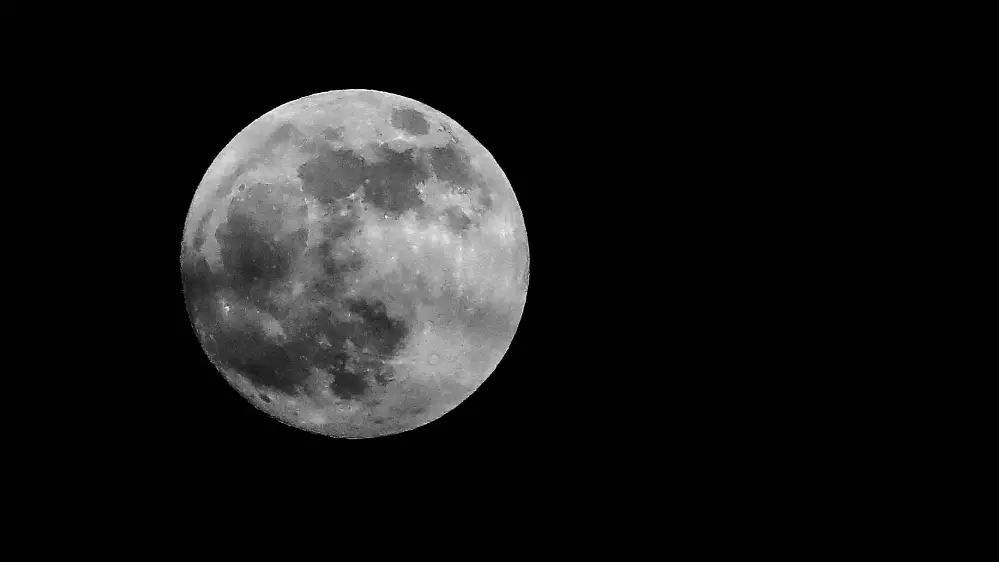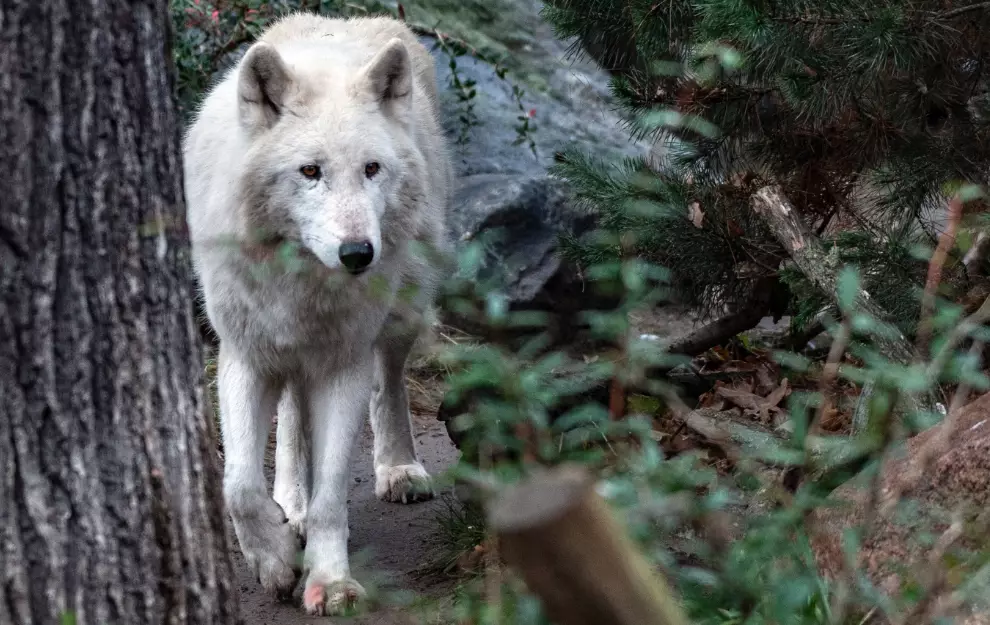
LADs, you're gonna be absolutely pleased as punch to learn that the first full moon of the year - often referred to as a 'Wolf Moon' - is also going to come with a lunar eclipse. AND, get this, it's all popping off tonight!
If the skies are clear, the moon can be seen at the peak of its cycle this evening (Friday 10 January), reaching full status at around 7.21pm in the UK.
The year's first full moon has a good twist, as it also coincides with a 'penumbral eclipse', which occurs when the moon moves into Earth's outer shadow, or penumbra.
A post on the NASA website explains: "The next full Moon will be on Friday afternoon, January 10, 2020, appearing opposite the Sun (in Earth based longitude) at 2:21 p.m. EST.
Advert
"The Moon will appear full for about three days centered on this time, from Thursday morning to Sunday morning. As the Moon passes opposite the Sun it will spend about four hours in the partial shadow of Earth. This will be while the Moon is below the horizon for most of the Americas.
"If you happen to find yourself on the opposite side of Earth, the slight and gradual dimming of the Moon should be barely noticeable (if at all)."

The first full moon of the year is not just called the Wolf Moon because it sounds cool, either. According to NASA, it's a reference to the hungry wolves that would howl outside of Native American villages during cold winters.
Advert
NASA continued: "The Maine Farmer's Almanac first published Indian names for the full Moons in the 1930s.
"According to this almanac, the Algonquin tribes of what is now the northern and eastern United States named the full Moon in January or the first full Moon of winter the Wolf Moon, from the packs of wolves that howled hungrily outside the villages amid the cold and deep snows of winter."
Astrologist Shelley von Strunckel told the Metro: "Those in the countryside, whether it's Native Americans, or farmers, already know what many city dwellers don't - the full moon merits attention.
"They live close to the land (in a way we city folk have no idea about...) and so link the season during which the full moon takes place to what nature around them is up to."
Featured Image Credit: PA